In the world of architecture and construction, facades play a vital role in defining the visual appeal and functionality of a building. One material that has been gaining significant attention for its exceptional qualities as a facade option is basalt. Renowned for its durability, versatility, and striking appearance, basalt facade offers architects and designers an array of advantages that elevate the overall aesthetic appeal while ensuring long-term sustainability. In this article, we will explore the key features and benefits of basalt facade, highlighting why it has become a popular choice for a wide range of buildings, from residential complexes to commercial structures. 1. Durability and Resistance: Basalt facade is created from basalt rock, a natural volcanic stone that has withstood the test of time.
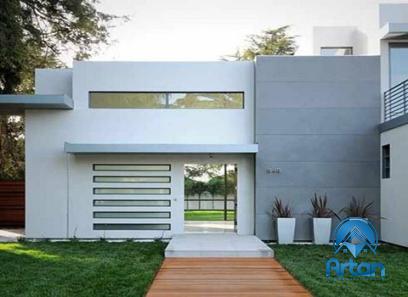
.
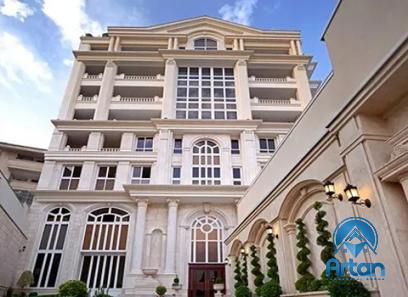 Known for its exceptional strength and resistance to weathering, basalt is an excellent choice for facades in regions prone to extreme weather conditions. Its dense composition allows it to withstand environmental factors such as high heat, moisture, and UV radiation, ensuring long-lasting performance without compromising its aesthetic appeal. 2. Aesthetics and Design Versatility: The distinct appearance of basalt facade is a major selling point for architects and designers. It offers a unique blend of modern elegance and rugged natural beauty, making it a versatile option for both contemporary and traditional architectural styles. Basalt can be found in various finishes, including honed, polished, flamed, and bush-hammered, allowing for diverse design possibilities to match the vision of any project. Additionally, the stone’s inherent color range, from deep gray to rich black, enhances the visual appeal and adds a timeless charm to any building.
Known for its exceptional strength and resistance to weathering, basalt is an excellent choice for facades in regions prone to extreme weather conditions. Its dense composition allows it to withstand environmental factors such as high heat, moisture, and UV radiation, ensuring long-lasting performance without compromising its aesthetic appeal. 2. Aesthetics and Design Versatility: The distinct appearance of basalt facade is a major selling point for architects and designers. It offers a unique blend of modern elegance and rugged natural beauty, making it a versatile option for both contemporary and traditional architectural styles. Basalt can be found in various finishes, including honed, polished, flamed, and bush-hammered, allowing for diverse design possibilities to match the vision of any project. Additionally, the stone’s inherent color range, from deep gray to rich black, enhances the visual appeal and adds a timeless charm to any building.
..
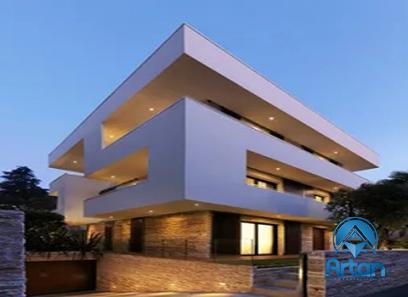 3. Environmental Sustainability: In an era where sustainable practices are of paramount importance, basalt facade emerges as an environmentally friendly choice. Being a natural and abundant resource, basalt requires minimal energy consumption during extraction and manufacturing processes. This reduces its environmental impact significantly compared to synthetic facade materials. Additionally, basalt is a non-toxic material, ensuring a healthy and safe living environment for occupants. Its exceptional durability also minimizes maintenance requirements, reducing the need for frequent replacements and further contributing to sustainable building practices.
3. Environmental Sustainability: In an era where sustainable practices are of paramount importance, basalt facade emerges as an environmentally friendly choice. Being a natural and abundant resource, basalt requires minimal energy consumption during extraction and manufacturing processes. This reduces its environmental impact significantly compared to synthetic facade materials. Additionally, basalt is a non-toxic material, ensuring a healthy and safe living environment for occupants. Its exceptional durability also minimizes maintenance requirements, reducing the need for frequent replacements and further contributing to sustainable building practices.
…
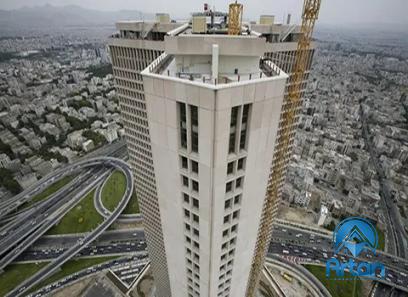 4. Thermal Insulation Properties: Thermal efficiency is a crucial aspect of modern construction, and basalt facade offers excellent thermal insulation properties. The stone’s dense composition provides effective insulation against heat transfer, minimizing energy consumption for heating and cooling. This quality not only improves the comfort level for occupants but also helps reduce heating and cooling costs, making basalt facade a sustainable choice for energy-efficient buildings. Conclusion: Basalt facade has firmly established itself as a superior choice for architects and designers seeking a winning combination of durability, aesthetics, and sustainability. With its striking appearance, resilience against environmental factors, and low maintenance requirements, basalt facade proves to be a worthy investment that guarantees long-term value and enhances the overall appeal of any building. As the demand for sustainable construction practices continues to rise, basalt facade stands out as a material of choice for those aiming to create visually captivating buildings without compromising their commitment to the environment.
4. Thermal Insulation Properties: Thermal efficiency is a crucial aspect of modern construction, and basalt facade offers excellent thermal insulation properties. The stone’s dense composition provides effective insulation against heat transfer, minimizing energy consumption for heating and cooling. This quality not only improves the comfort level for occupants but also helps reduce heating and cooling costs, making basalt facade a sustainable choice for energy-efficient buildings. Conclusion: Basalt facade has firmly established itself as a superior choice for architects and designers seeking a winning combination of durability, aesthetics, and sustainability. With its striking appearance, resilience against environmental factors, and low maintenance requirements, basalt facade proves to be a worthy investment that guarantees long-term value and enhances the overall appeal of any building. As the demand for sustainable construction practices continues to rise, basalt facade stands out as a material of choice for those aiming to create visually captivating buildings without compromising their commitment to the environment.
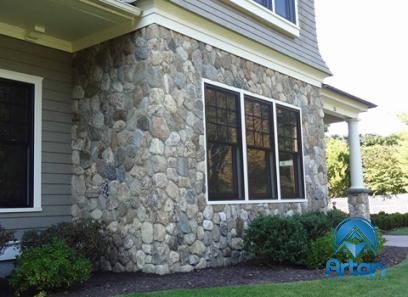
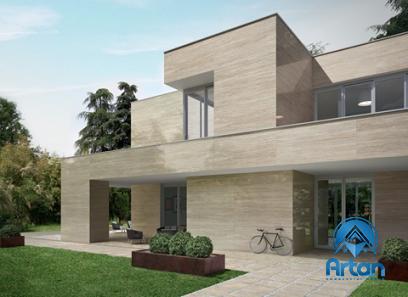
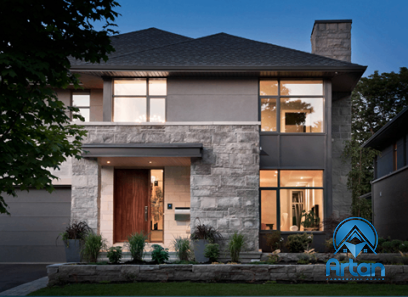
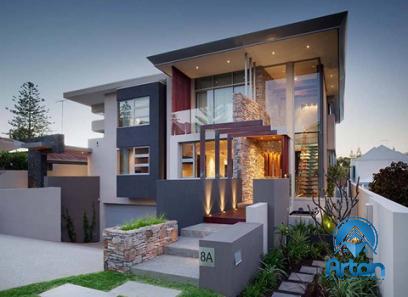
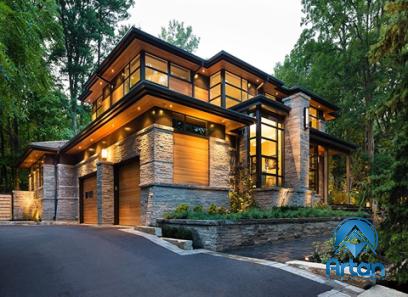
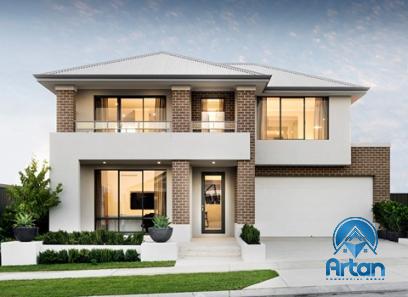
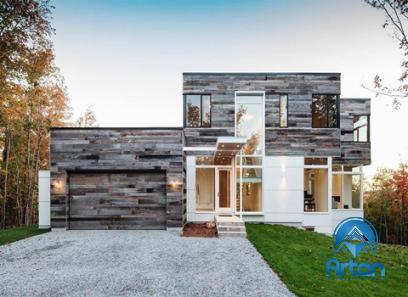
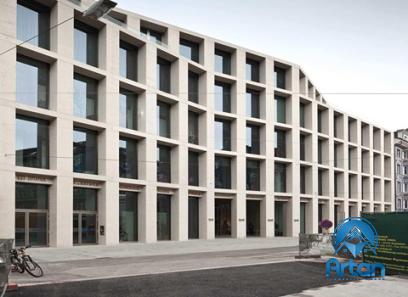
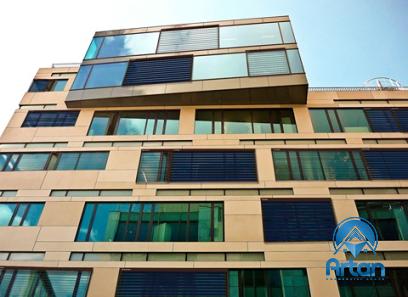
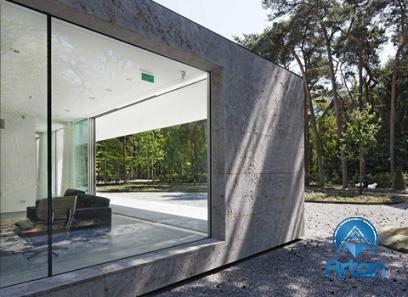
Your comment submitted.